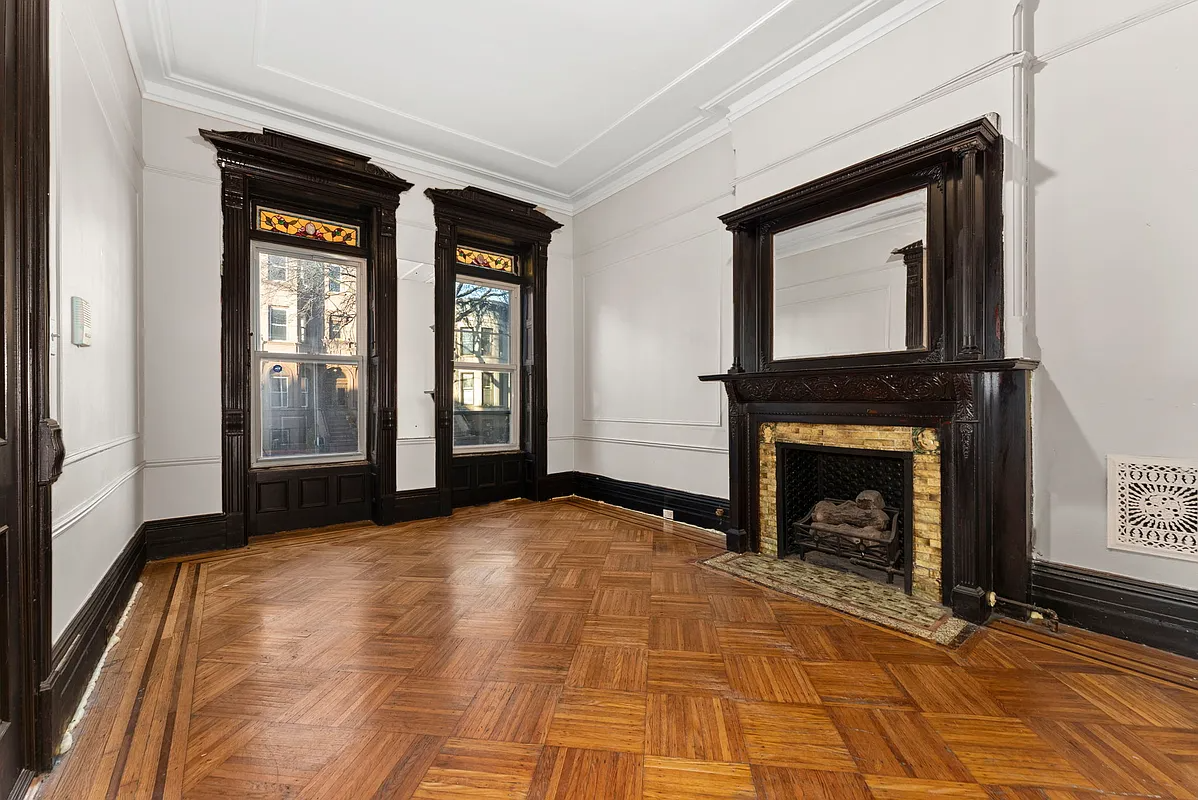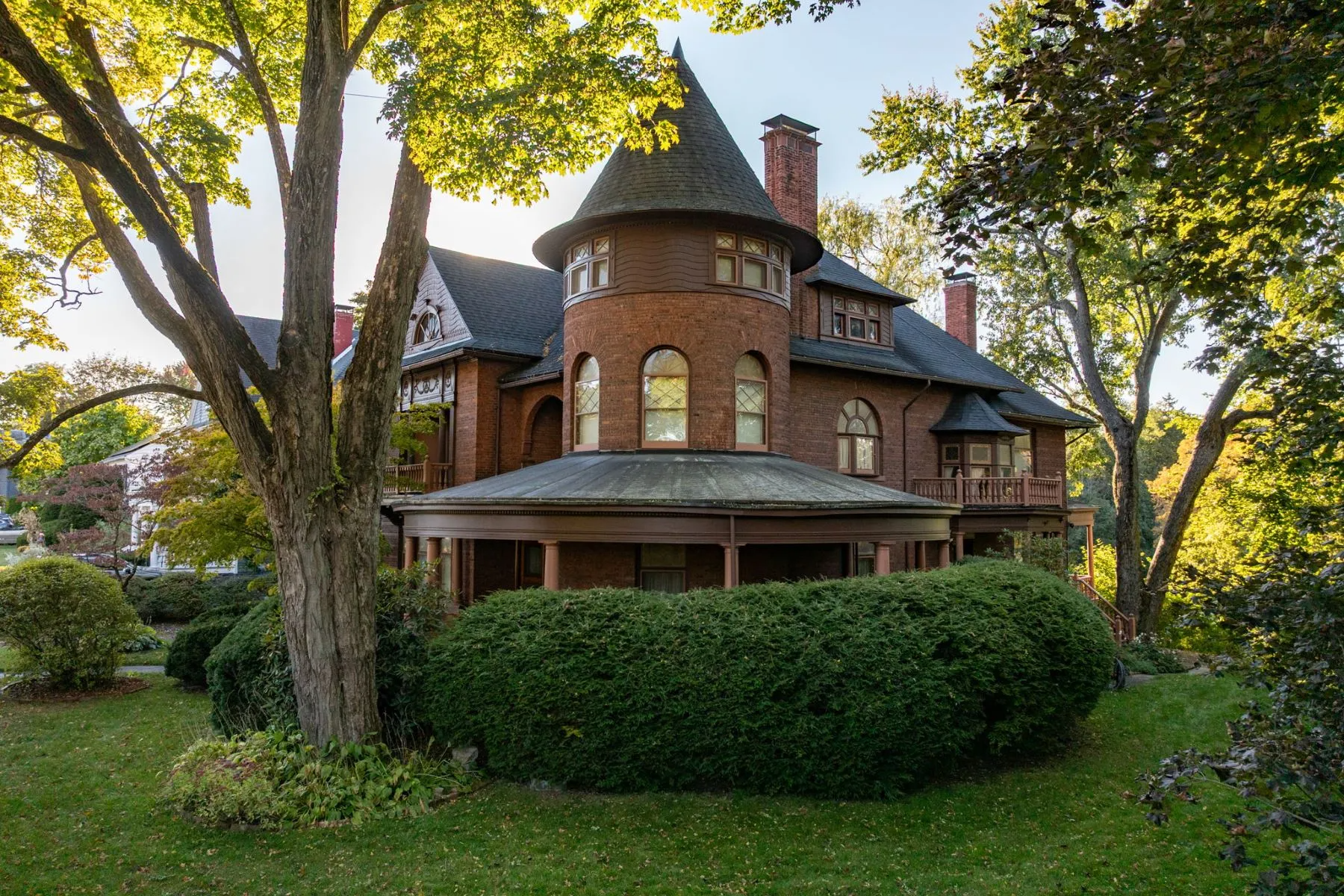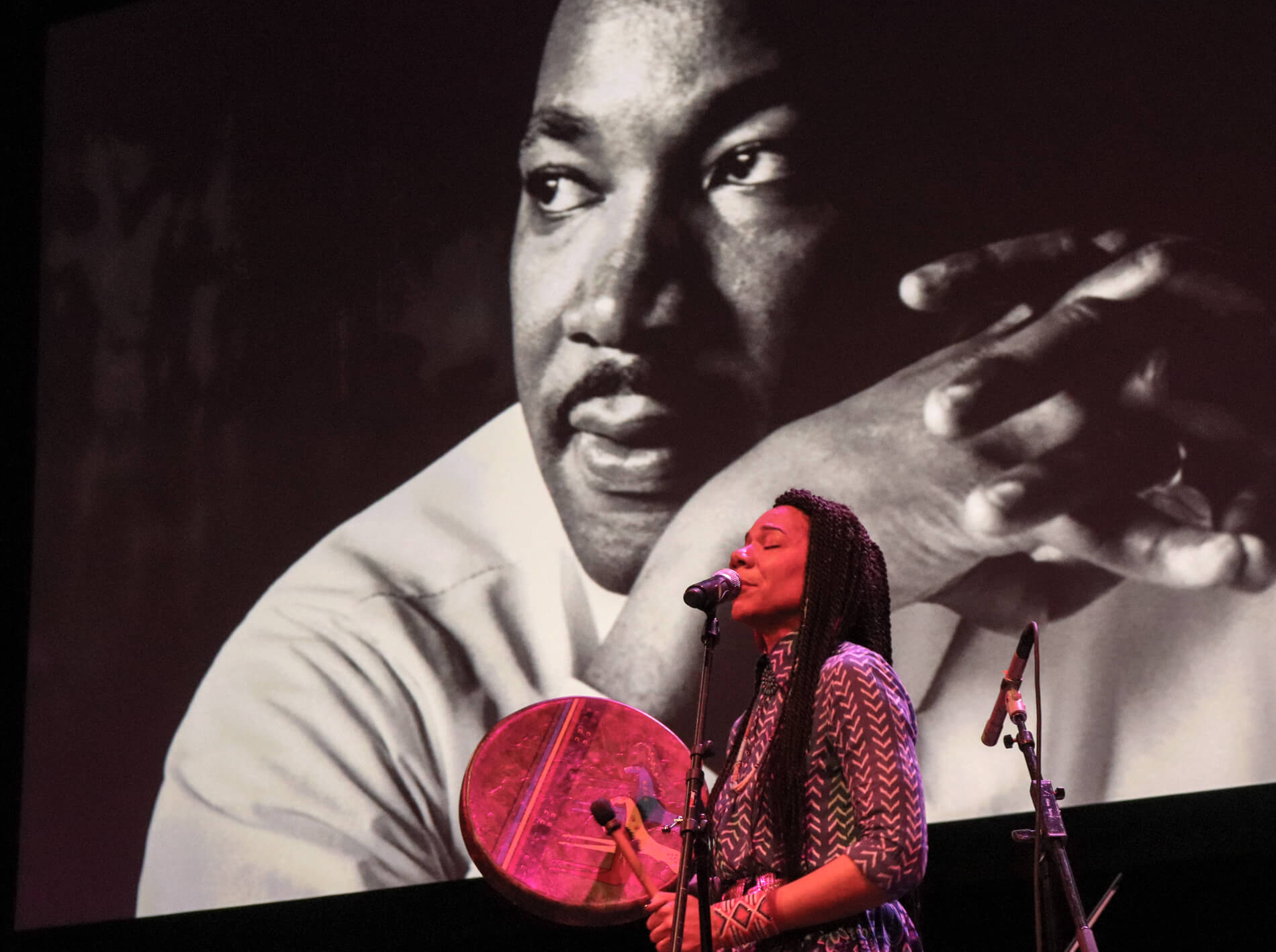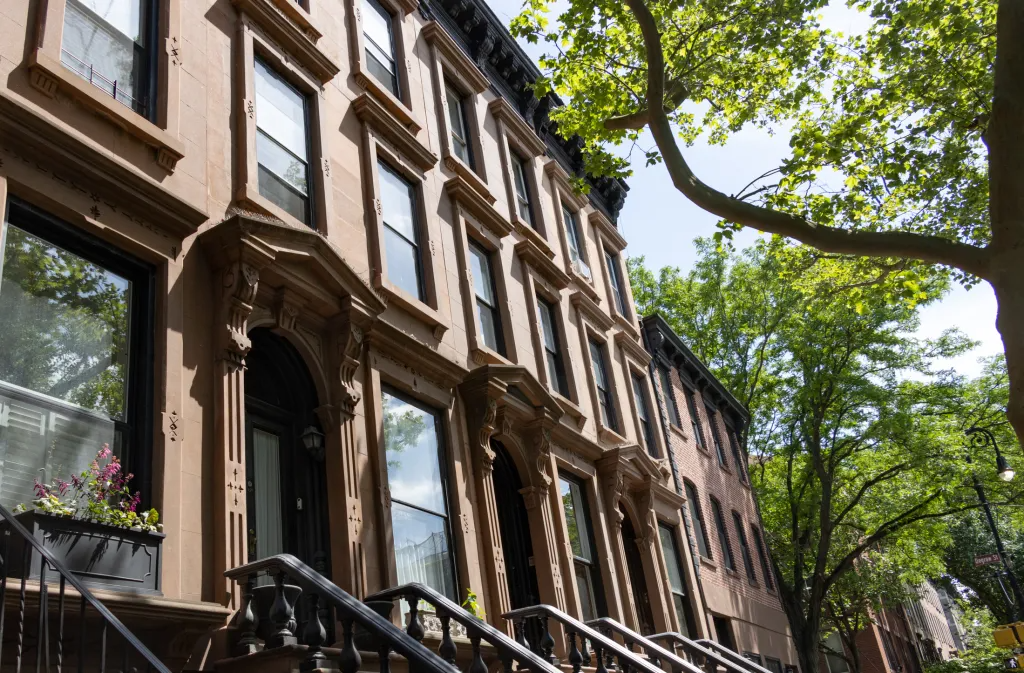More Proof the Housing Boom Is Over
The Office of Federal Housing Enterprise Oversight released data earlier this week showing that U.S. home prices experienced their biggest deceleration in growth in three decades in the second quarter–but nevertheless ticked upward. Average home prices rose 1.17 percent in the April to June period, versus 3.65 percent in the same period a year earlier….

 The Office of Federal Housing Enterprise Oversight released data earlier this week showing that U.S. home prices experienced their biggest deceleration in growth in three decades in the second quarter–but nevertheless ticked upward. Average home prices rose 1.17 percent in the April to June period, versus 3.65 percent in the same period a year earlier. “These data are a strong indication that the housing market is cooling in a very significant way,” OFHEO Director James B. Lockhart said in a statement. “Indeed, the deceleration appears in almost every region of the country.”
The Office of Federal Housing Enterprise Oversight released data earlier this week showing that U.S. home prices experienced their biggest deceleration in growth in three decades in the second quarter–but nevertheless ticked upward. Average home prices rose 1.17 percent in the April to June period, versus 3.65 percent in the same period a year earlier. “These data are a strong indication that the housing market is cooling in a very significant way,” OFHEO Director James B. Lockhart said in a statement. “Indeed, the deceleration appears in almost every region of the country.”
Home Prices Rising After 2Q Slowdown [Forbes]





When you are talking about the economic slowdown of the housing market, I think you have to look at where and what type of property. Maybe a slowdown on new housing starts and the price of say newer homes in the suburbs. But premium properties will always be a good investment. Looking down the road, there will be more and more people in need of housing, less and less space. So everyone, buy and invest in what you can, sit tight and enjoy the ride. I put my money on housing over other types of investments any day.
Sylvia,
Things must be stuck in the tubes. (hee)
man, that discussion got boring fast. too many polite, well-reasoned arguments on delicate little details, not enough rabid fear-mongering and conspiracy theories about the end of western civilization via the crumpling of the brooklyn real estate market… rarely does the internets disappoint so… 🙂
Dead on as usual LP…..
I don’t think there is an unlimited number of well of people who will insulate primer areas either QKorBk. I just think there will not be a mass sell off of houses in those area. Prices will stay flat or go down, but I don’t see the recent buyers in the prime neighborhoods contributing to any mass sell off in the coming down cycle. For the record, I’m talking about rowhouses, not speculative investments in non-owner occupied condos.
Yes I agree prime areas will not suddenly be affordable to everyone, that’s impossible. But I don’t agree that there is an unlimited supply of individuals with above average means to “insulate” the prime areas, while the other areas fall off the map. Look, even individuals with sizable assets are saying these prices are too high, price are going to drop or let’s wait and see. Remember this message string was about the housing boom ending. Which it obviously is!
Don’t know why some of you think that people retiring are going to be selling. (yes, some do but small fraction).
I bought my house many years ago – not because I thought prices would appreciate but because by time I would retire mortgage would be paid off and would have my rental units as income to live.
Rental market means more to me that whether people think the value of the house is up or down.
QBorBK said “My point is there is a much larger population of individuals who can’t afford those homes and a greater number of good, mediocre and bad areas vs. prime areas. Mate that fact with people who will actually want to, need to or have to sell/buy in the next couple of years and you see THOSE are the people who will move the market.”
I think the distinction is what ‘market’ are you talking about (i.e. what neighborhoods will be most affected by the group of people you are describing). I don’t think it will be the neighborhoods I described above. Prices will go down in those neighborhoods, that is very likely, but they will not become affordable to the group of people you are referring to, nor do I think there will be waves of people who bought in the last two or three years who will be selling in the “prime” neighborhoods either due to exotic mortgages or bad finances.
QBorBK,
I understand your point. I just think, and I think you agreed to this too when you refer to non “prime areas”, that for the areas where the prices are extremely high and have arguably been substantially “gentrified”, for lack of a better word, (such as Brooklyn Heights, BoCoCa, Fort Greene/Clinton Hill, Park Slope, Prospect Heights) are not going to suddenly become affordable to people making more average salaries and wages, even if the prices go down 20% in those neighborhoods.